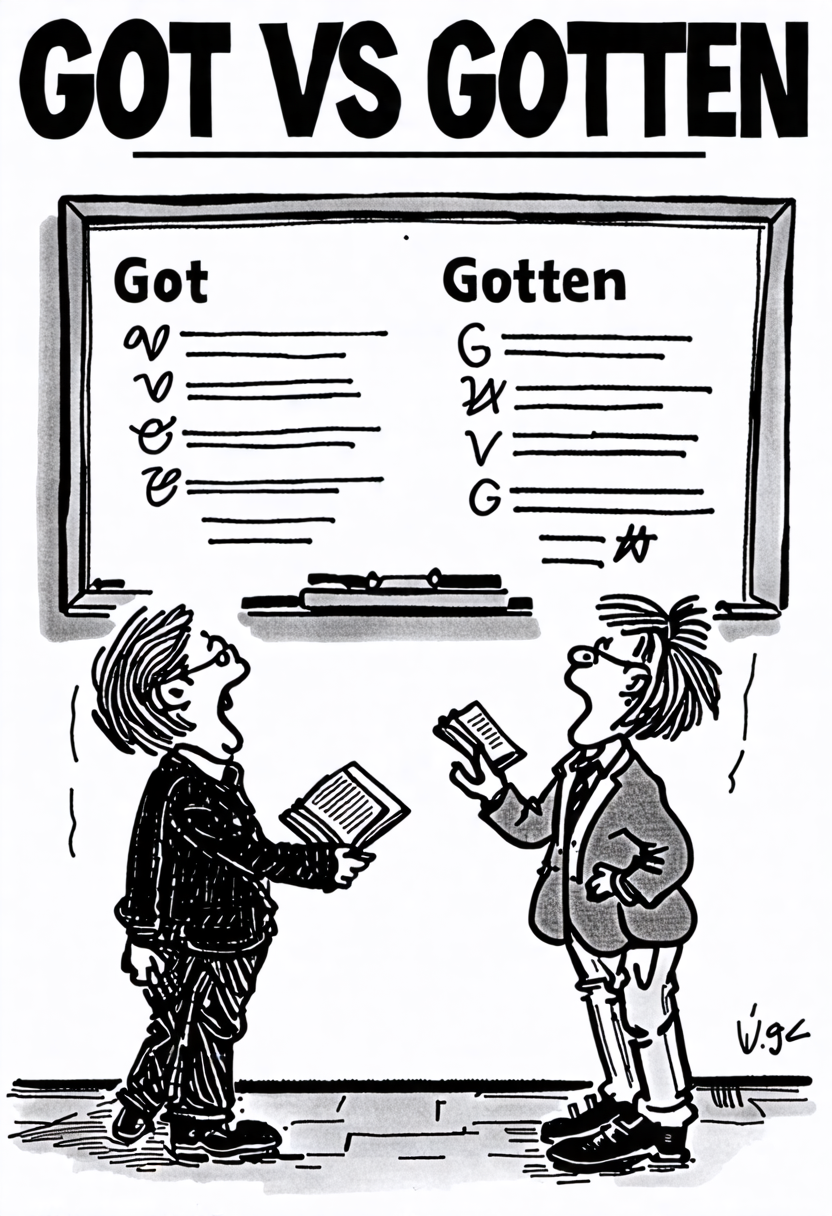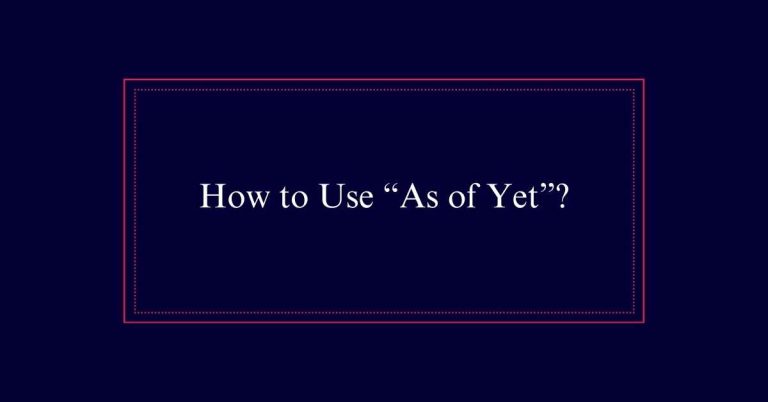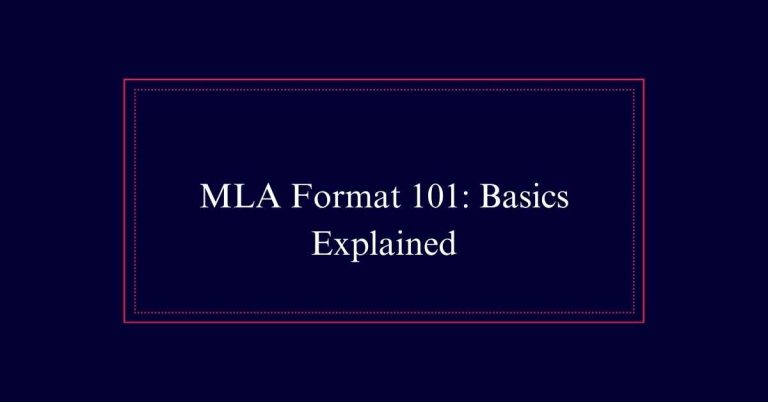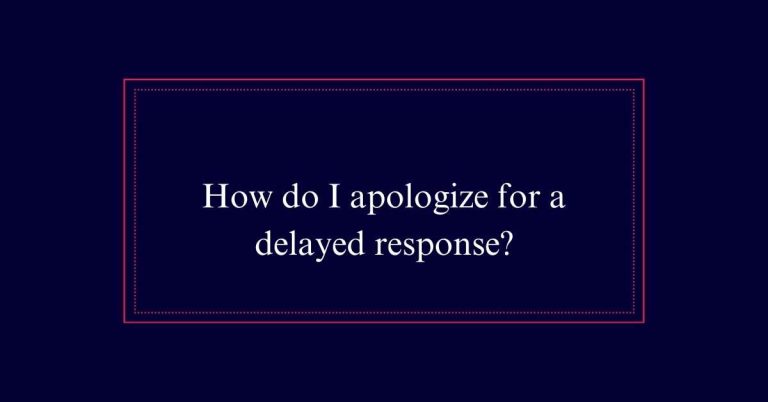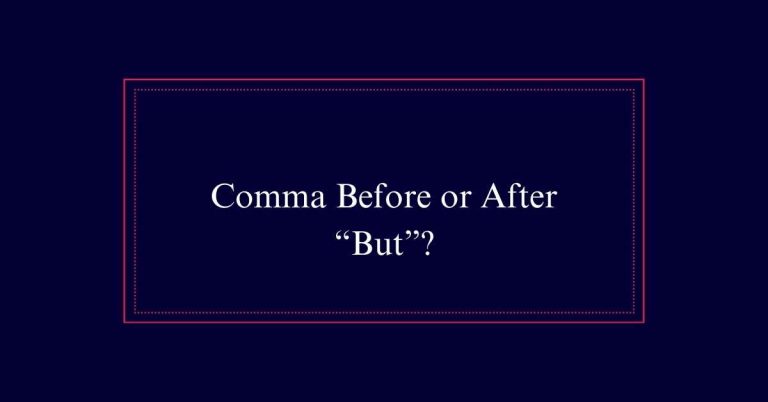Got Vs. Gotten
Choosing between ‘got’ and ‘gotten’ depends on whether you are using British or American English. In American English, ‘gotten’ is used to indicate change or achievement, while ‘got’ is typically used for possession or necessity. In contrast, British English favors ‘got’ in nearly all contexts, as ‘gotten’ has largely fallen out of use. Both forms are grammatically correct but are used differently based on regional practices.
Historical Background
The use of ‘got’ and ‘gotten’ dates back to Middle English, reflecting the evolution of the English language over centuries. Initially, both forms were used interchangeably. However, their usage diverged over time.
‘Gotten’ became more prevalent in North American English, while ‘got’ remained dominant in British English and other dialects. This distinction illustrates how language evolves differently in various regions. The verb ‘get’ itself has Old English origins, but its participles have adapted uniquely in different English-speaking areas.
North American Usage
In North America, ‘gotten’ is the preferred past participle of ‘get’. This usage is prevalent in both the United States and Canada. For instance, one might say, ‘I have gotten better at playing the piano,’ or ‘She has gotten a promotion at work.
‘Gotten’ is used to indicate a change of state or an achievement. Conversely, ‘got’ is typically employed in contexts where possession or necessity is implied, such as, ‘I have got a new car.’
The distinction between ‘got’ and ‘gotten’ is clear and essential in North American English for conveying different nuances. This regional preference aligns with historical usage patterns that have developed uniquely in this part of the world.
British English Norms
British English speakers typically use ‘got’ as the past participle of ‘get’. This usage is consistent across most contexts and has become the standard in the UK and other British English-speaking regions. The historical evolution of the language saw ‘got’ becoming more widely accepted, while ‘gotten’ fell out of regular use in these regions.

In British English, you might hear sentences like ‘I have got a new car’ or ‘She had got her results.’ This form is considered grammatically correct and is used in both formal and informal communication.
The preference for ‘got’ over ‘gotten’ reflects a broader trend in British English to simplify and standardize verb forms, ensuring consistency and ease of understanding.
Past Participle Differences
Understanding the past participle differences between ‘got’ and ‘gotten’ hinges on regional usage norms. In American and Canadian English, ‘gotten’ is the preferred past participle of ‘get,’ while in British and other forms of English, ‘got’ is used. These differences reflect historical language evolution and regional practices.
Here is a comparison table:
| Region | Preferred Past Participle |
|---|---|
| United States | gotten |
| Canada | gotten |
| United Kingdom | got |
| Australia | got |
| New Zealand | got |
Both forms are grammatically correct, but their usage depends on the speaker’s regional background.
Examples of ‘Gotten’
To illustrate the use of ‘gotten,’ let’s explore a few examples commonly found in North American English.
I’ve gotten better at singing since I started taking lessons‘ demonstrates improvement over time.
‘Movie tickets have gotten so expensive!’ highlights a change in price.
Once you’ve gotten the computer working, would you try to fix the TV?’ shows completion of a task before starting another.
In these sentences, ‘gotten’ serves as the past participle of ‘get,’ indicating a state or change. This usage is prevalent in the U.S. and Canada, where ‘gotten’ remains a standard part of the language.
Conversely, British English speakers would typically use ‘got’ in similar contexts.
Examples of ‘Got’
Many English speakers outside North America use ‘got’ as the past participle of ‘get.’ For example, a British speaker might say, ‘I have got a hold of her now, so let’s talk.
Similarly, ‘Dee had got tired of waiting for the rain to stop’ shows the past participle use of ‘got.’
In another instance, ‘The Manchester City goalkeeper believes Liverpool have got a top player on its hands’ illustrates ‘got’ in sports commentary.
These examples demonstrate the usage of ‘got’ in various contexts.
It is important to note that ‘have got to + verb phrase’ is universally used, meaning ‘must,’ such as in ‘I have got to finish this report by noon.’
Regional Preferences
The choice between using ‘got’ and ‘gotten’ often hinges on regional preferences. In the U.S. and Canada, ‘gotten’ is commonly used as the past participle of ‘get.’ For example, Americans might say, ‘I’ve gotten better at this.’
Conversely, in other English-speaking regions, such as the UK, ‘got’ is preferred. British speakers might say, ‘I’ve got better at this.’ These regional differences stem from historical language evolution. North American English has retained ‘gotten,’ while British English has streamlined to ‘got.’
Both forms are correct within their respective regions. Understanding these preferences is important for clear and accurate communication, especially in global contexts where different English variants intersect.
Common Phrases
Common phrases involving ‘got’ and ‘gotten’ reveal much about regional language use and grammatical preferences. In American English, ‘gotten’ is commonly used in past participle forms, whereas British English prefers ‘got.’
Here are a few examples that illustrate these differences:
- American English: ‘I’ve gotten better at playing the guitar over the years.’
- British English: ‘I have got a new book to read this weekend.’
- Universal Phrase: ‘You have got to see this movie!’
